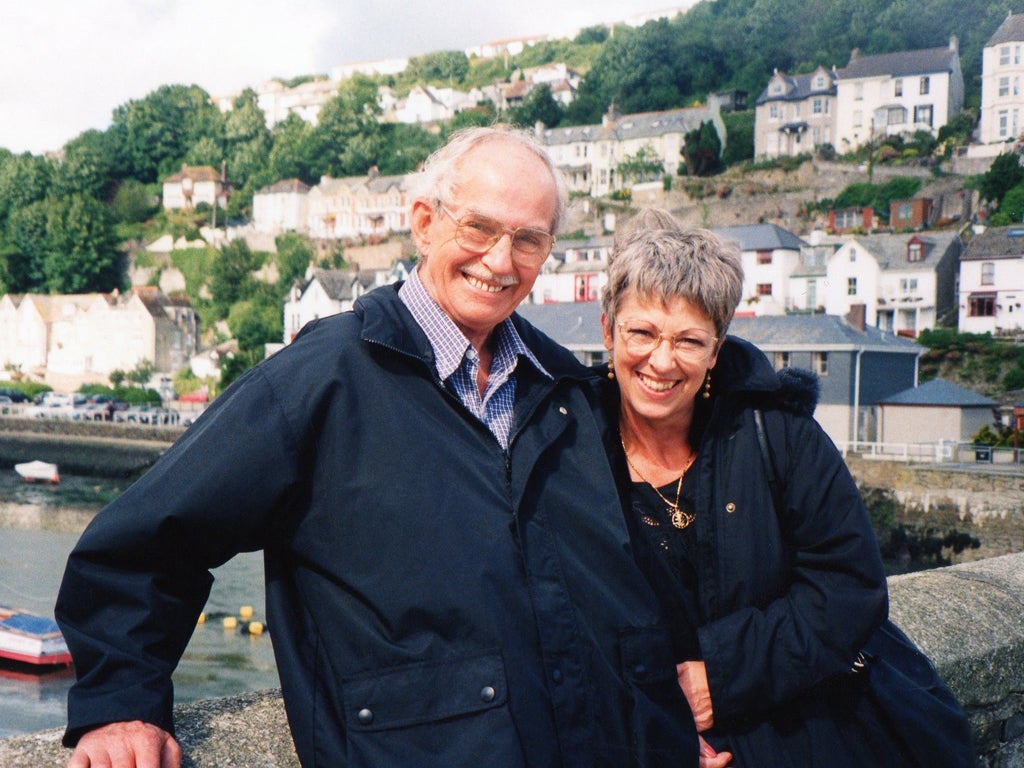Scandal of elderly facing abuse and neglect in own homes
New inquiry highlights a catalogue of wrongdoing, cruelty and indifference by visiting carers

Your support helps us to tell the story
From reproductive rights to climate change to Big Tech, The Independent is on the ground when the story is developing. Whether it's investigating the financials of Elon Musk's pro-Trump PAC or producing our latest documentary, 'The A Word', which shines a light on the American women fighting for reproductive rights, we know how important it is to parse out the facts from the messaging.
At such a critical moment in US history, we need reporters on the ground. Your donation allows us to keep sending journalists to speak to both sides of the story.
The Independent is trusted by Americans across the entire political spectrum. And unlike many other quality news outlets, we choose not to lock Americans out of our reporting and analysis with paywalls. We believe quality journalism should be available to everyone, paid for by those who can afford it.
Your support makes all the difference.Elderly people in Britain are not safe from abuse and neglect by the care system even in their own homes.
Following reports that have painted a devastating picture of the care of elderly people in hospitals and care homes, a new inquiry by the Equality and Human Rights Commission (EHRC) has uncovered a catalogue of cruelty, indifference and wrongdoing by carers who visit people in their homes to help them with washing, eating and dressing.
Yesterday the Care Quality Commission (CQC) attempted to pre-empt the report by announcing a programme of inspections of 250 companies providing home care services starting next April.
Almost 500,000 elderly people are looked after in their own homes by carers partly or wholly funded by their local authority. The EHRC found cases of people who were put to bed in mid-afternoon and left in soiled nightwear until morning. They were strip washed with no respect for their dignity and food was left out of reach so they went hungry. Some were systematically robbed of their money.
In one example, a care worker refused to help a women who was stuck on the toilet in her bathroom. The woman shouted for help but the carer replied: "Can't do that but I've made you a butty and I am going now." The woman was left to free herself.
In another, a young female carer watched as a 76-year-old woman with terminal cancer struggled from her lounge to the kitchen to microwave a meal after the carer said she could not do it for "health and safety" reasons. The report says the carer might have misinterpreted rules that applied to restaurants. The Health and Safety executive confirmed that there was no reason why a carer should not microwave a pre-prepared meal for a client.
"These small acts of cruelty are being enacted, possibly unthinkingly, every day," the woman's daughter told the inquiry.
Earlier this year, the CQC exposed "alarming" lapses in the provision of the most basic care to elderly people in hospital following 100 unannounced visits, including staff speaking in a condescending way, curtains not closed properly to protect patient's dignity and food left out of reach. But today's report from the EHRC shows low standards are not confined to institutional care.
Yet owing to a legal loophole, organisations that provide care at home are not subject to the Human Rights Act, as they are if providing care in institutions. The EHRC said this loophole must be closed.
Baroness Sally Greengross, Commissioner for the Equality and Human Rights Commission, said: "It is essential that care services respect people's basic human rights. This is not about burdensome red tape, it is about protecting people from the kind of dehumanising treatment we have uncovered. The emphasis is on saving pennies rather than providing a service which will meet the very real needs of our grandparents, our parents, and eventually all of us."
Half of the 1,254 older people, friends and family members interviewed for the inquiry expressed satisfaction with their care. They valued having a small number of familiar and reliable staff they could get to know who took time to talk to them and would respond to specific requests.
Case study: Jim and Ann Reid
During the last three and a half years of Jim Reid's life, 53 carers passed through the home he shared with his wife, Ann. Mr Reid, who had Alzheimer's disease, died aged 84 in 2008. While some carers were good, others were "absolutely appalling", according to Ann, 65.
She said: "I was disgusted. You are frightened to go out of the door because of what you will find when you come back.
"One time, I went out and told the carer not to bring Jim down because he was unwell. He put him in the stairlift anyway but Jim wet himself. So the carer sent the stairlift back to the top and left him sitting in wet pyjamas.
"Another time, Jim was sat in the conservatory with the door open when he said he wanted to go to the toilet. The carer thought they were alone and told him to shut up because he was reading the paper. My neighbour overheard and came round to tell me."
Join our commenting forum
Join thought-provoking conversations, follow other Independent readers and see their replies
Comments